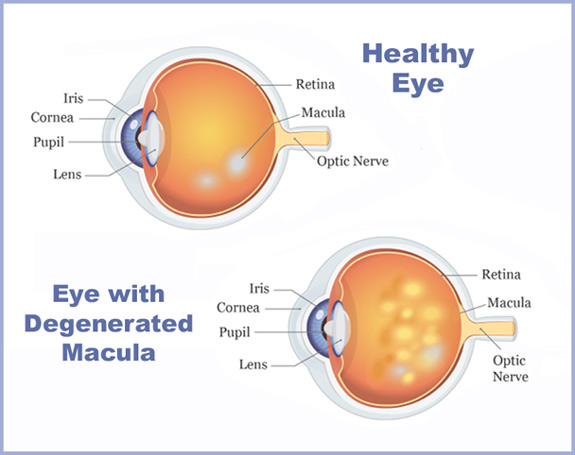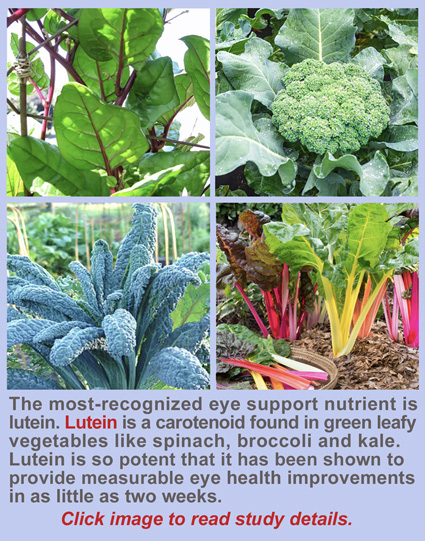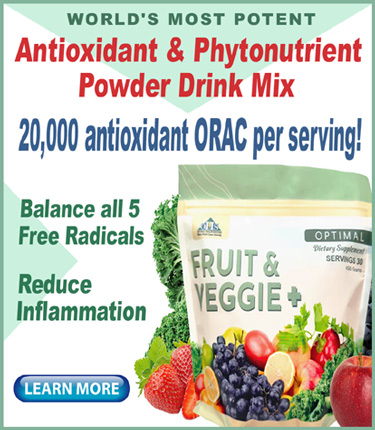Most people recognize that heavy alcohol consumption comes with a number or health risks; however, one common health condition that isn’t normally associated with alcohol consumption is macular degeneration.
A 2021 study found that moderate to high alcohol consumption was linked to a higher incidence of early age-related macular degeneration (AMD). The study, published in Current Eye Research, drew its conclusions from the evaluation of seven studies examining the relationship between alcohol consumption and AMD.
Meanwhile, the past decade has seen the publication of numerous studies finding the potent nutrients in fruit and vegetables provide protection against AMD.
AMD basics
AMD is a degenerative disease that attacks the macula, part of the retina responsible for central vision. The disease affects more than two million people in the U.S., and over 200 million people worldwide.
Early symptoms are minor, and even though the disease does not normally result in complete blindness, the loss of central vision can make it hard to recognize faces, drive, read, or perform the basic activities of every-day life.
While genetics do play a part in the development of AMD, scientists are increasingly recognizing that lifestyle choices greatly affect the likelihood of contracting the disease.
These lifestyle choices include: smoking, obesity, a diet high in saturated fat, high blood pressure… and alcohol consumption.
Alcohol study
The 2021 study was conducted by researchers from Okayama University in Okayama, Japan using a meta-analytical approach. Seven studies were included in the meta-analysis with 4,566 and 440 cases of early and late AMD, respectively.
Both categorical and dose–response meta-analysis were performed separately for early and late AMD. According to the researchers, “A fixed-effect model was used to calculate pooled effect estimates with 95% confidence interval.”
At the study’s conclusion the researchers determined that the pooled effect risks for early AMD with moderate and heavy alcohol consumption “were statistically significant” when compared to the nondrinkers or occasional drinkers.
“Moderate and heavy alcohol consumption could increase the risk of early AMD, but not late AMD, with a linear dose–response relationship,” the researchers wrote in the study summary.
Now the good news…
While alcohol consumption is a risk factor for AMD, drinking a fruit and vegetable drink, or eating fruit and veggies, will provide a protective effect.
According to mountains of research, the key to fruit and vegetables’ protective effect lies in their carotenoid and polyphenol content. Carotenoids and polyphenols are the two major categories of phytonutrients (plant nutrients).
Carotenoids are the pigments that provide the vibrant color observed in vegetables such as carrots, sweet potatoes and kale.
A 2015 study published in JAMA Ophthalmology found that people who consumed the highest amounts of two carotenoids (lutein and zeaxanthin) present in green leafy vegetables had a 40% lower risk of the advanced form of AMD compared to those who consumed the least amount.
The same study reported consumption of other carotenoids (beta cryptoxanthin, alpha carotene and beta carotene) found in foods such as carrots and sweet potato, were linked to a 25% to 35% reduced risk of AMD.
Another study, published in 2018 in the American Journal of Ophthalmology, found a diet that included eating 200 grams per day of vegetables, fruit two times per day, and fish two times per week was associated with a significantly reduced risk of AMD.
Meanwhile, a new 2024 study, published in Nutrients found the carotenoid lutein helps support an optimal blood serum level that lowers inflammation markers in the body—a benefit that can be measured in the eye’s retina in as little as two weeks.
“Consuming high dietary lutein can minimize the risk and progression of age-related macular degeneration, along with improving vision and cognitive function,” the Spanish researchers reported in the study conclusion.
– – –
Want to replace your alcoholic drink with an eye-protecting fruit and veggie drink? Check out Optimal Fruit & Veggie Plus. Click the banner ad on this page to learn more.
– – –
Sources: Current Eye Research, JAMA Ophthalmology, American Journal of Ophthalmology, Nutrients.



